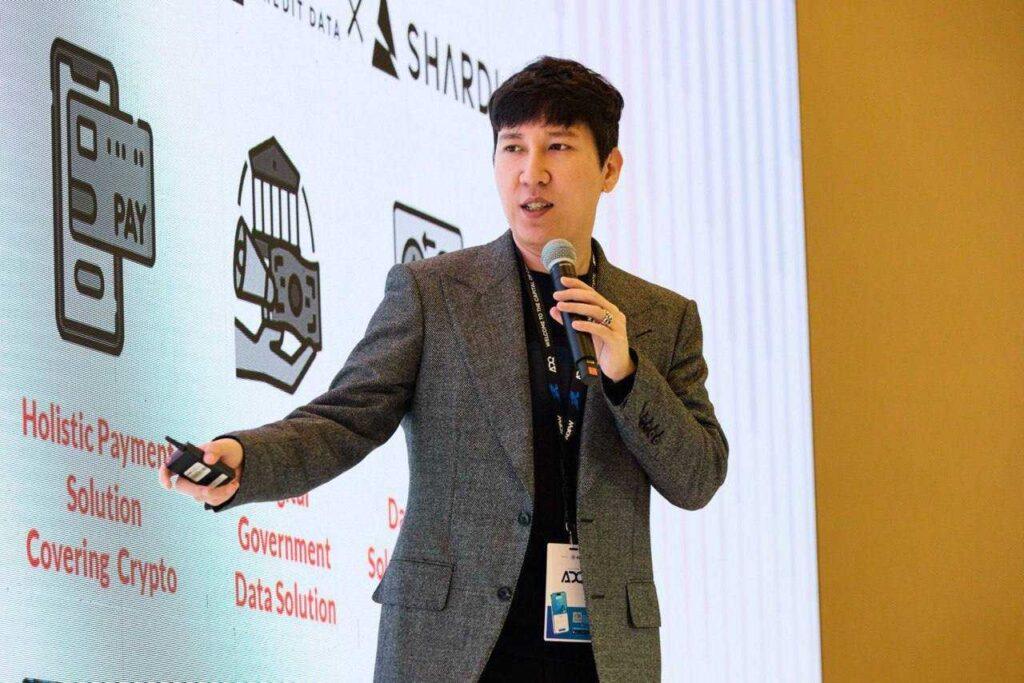Hashed’s Simon Kim believes the future of artificial intelligence depends on a radical shift: breaking up the black box of centralized models like OpenAI and building a decentralized, transparent ecosystem powered by blockchain.
For Kim, CEO of South Korea’s leading crypto VC fund, the urgency is clear. AI’s unchecked centralization threatens to create a “god” we don’t understand, while blockchain offers the tools to reward creators, protect intellectual property and provide transparency in generative AI – which has been widely criticized for its bias and selective reasoning.
“AI is becoming centralized. OpenAI is not open and it’s controlled by very few people, so it’s quite dangerous. Making this type of [closed source] The basic model is similar to making a ‘god,’ but we don’t know how it works,” he said in an interview with CoinDesk.
Kim argues that open source AI models like Metas Llama are an example of how AI can be built with decentralization and transparency in mind.
But he says the lack of robust incentive mechanisms for data providers – meaning everyone who uses the internet – remains a problem.
“AI models just crawl the original content on the web and provide answers without compensating the creators,” Kim said.
Kim believes we can fix this by developing a “copyright layer” where rights holders can track how their content is being used – and reused – by AI, while getting paid along the way.
Hashed believes it has found a solution to this with Story, an IP management protocol for which it led a Series B round last year.
The fund has yet to invest in any decentralized AI projects, but feels it is building exposure to the space via its investment in Story.
This series is brought to you by Consensus Hong Kong. Come and experience the most influential event in Web3 and Digital Assets, 18.-20. February. Sign up today and save 15% with code CoinDesk15.
“We definitely need a blockchain-based IP system to incentivize the original creator, both the creator and the remixers,” Kim continued.
Kim is far from the only voice calling for the development of open source AI. A growing chorus of voices from Meta’s Mark Zuckererg to The Economist’s editorial board all agree that the black box of closed-source AI—the deity whose decisions and workings remain a mystery—must go for the industry to mature.
But it’s up to Kim to convince them that the solution lies in blockchain and crypto.



